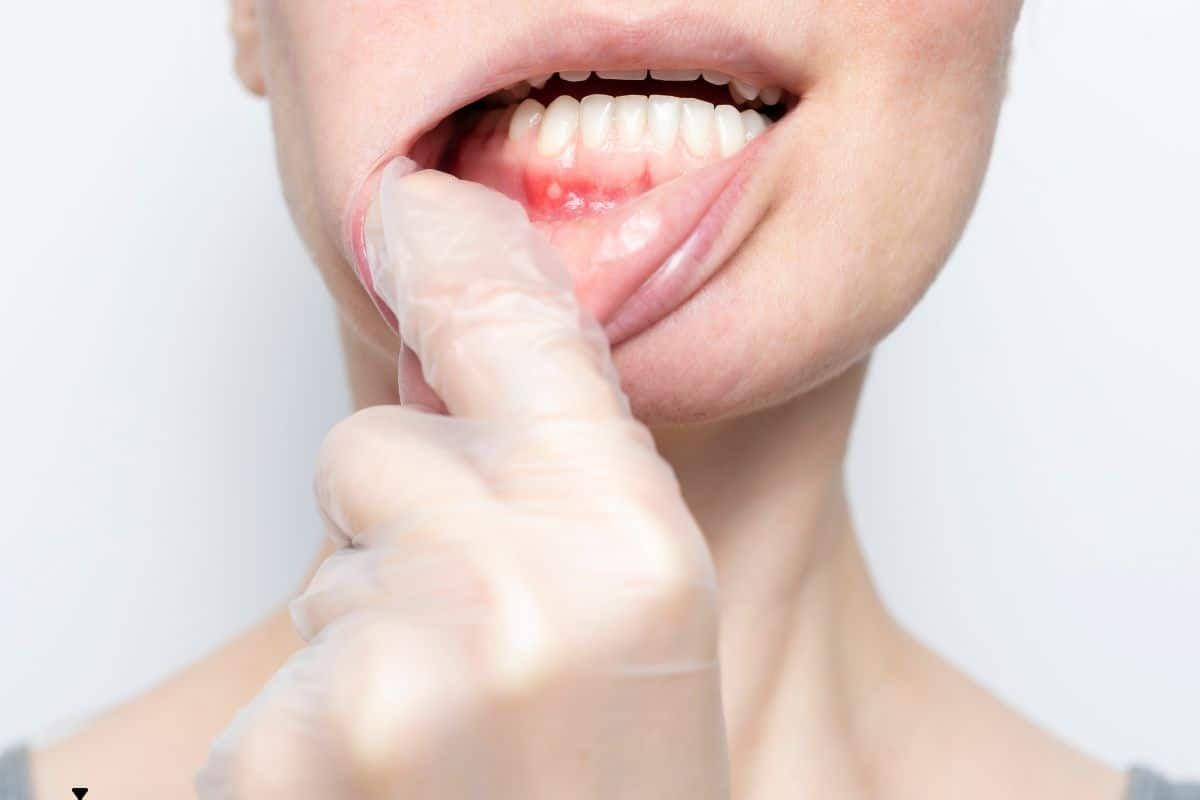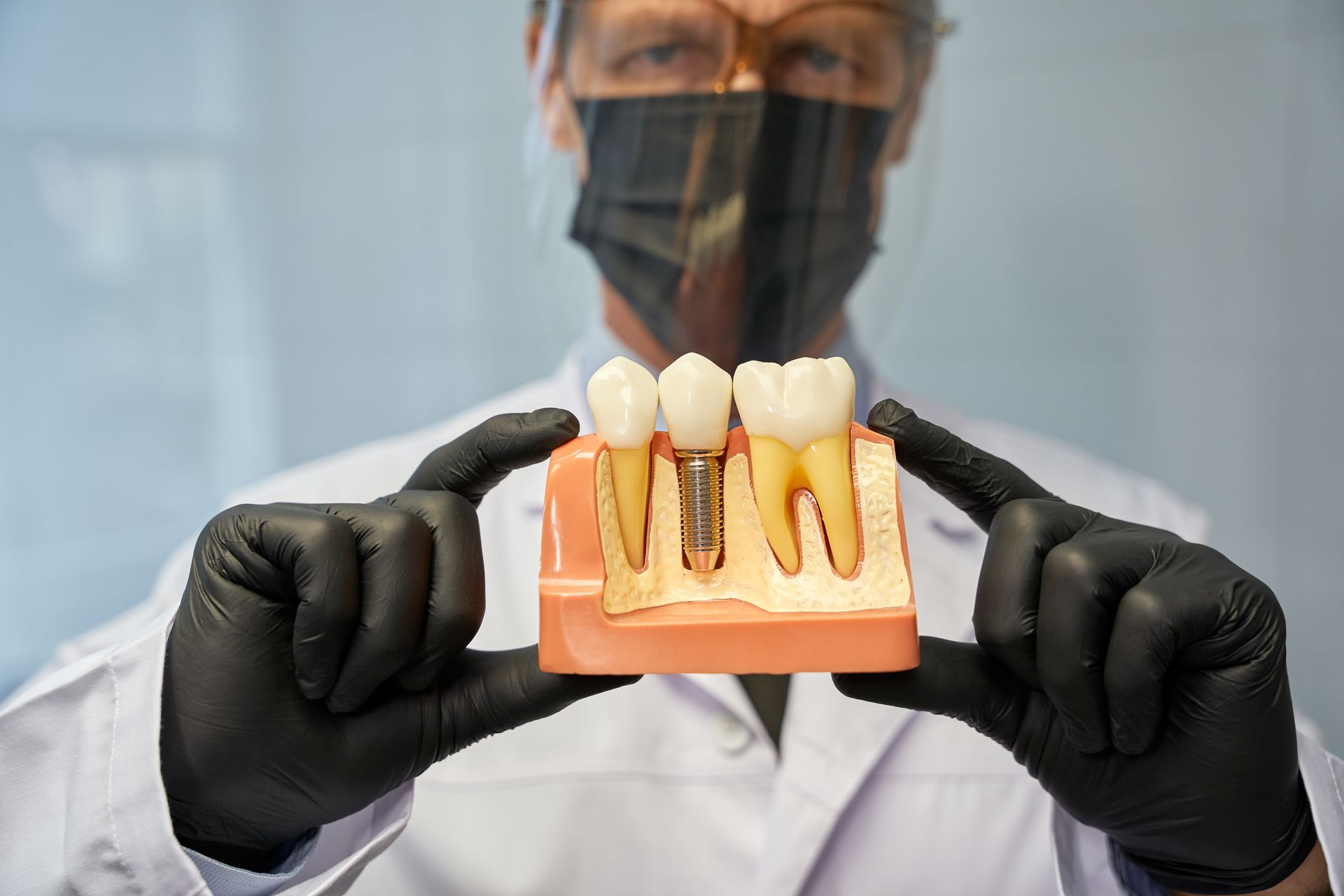What Foods to Avoid for Canker Sore Relief?

Canker sores, also known as aphthous ulcers, are small, painful lesions that develop on the soft tissues inside your mouth or at the base of your gums. Unlike cold sores, canker sores develop inside your mouth and are not contagious. However, they can be incredibly uncomfortable and make eating, drinking, and even talking difficult. While the exact cause of canker sores remains unknown, certain foods can trigger or exacerbate them. Here’s a guide on what foods to avoid to help alleviate canker sore discomfort.
1. Citrus Fruits and Juices
Citrus fruits like oranges, lemons, limes, and grapefruits are highly acidic and can irritate the sensitive tissues in your mouth, potentially leading to or worsening canker sores. It’s best to avoid these fruits and their juices until the sores heal.
2. Tomatoes and Tomato-Based Products
Tomatoes are another acidic food that can aggravate canker sores. This includes raw tomatoes as well as tomato-based products like sauces, ketchup, and salsa. Opt for less acidic alternatives in your meals to reduce irritation.
3. Spicy Foods
It’s essential to keep up with regular checkups and cleanings, not just for your teeth but for your overall health. Family dentistry can help you maintain good oral hygiene habits and prevent serious dental problems.
Cavities are one of the most common dental problems, which can be painful and expensive. However, regular checkups and cleanings can help prevent cavities by removing plaque and tartar buildup on your teeth.
Gum disease is another common dental problem that can lead to tooth loss. Family dentistry can help you maintain healthy gums by preventing gum disease and treating it early if it does occur.
Regular dental visits are also crucial for catching other potential health problems early. For example, your dentist can spot signs of diabetes, heart disease, and even cancer in your mouth. So, if you’re due for a checkup, schedule an appointment with your family dentist soon!
4. Salty Snacks
Salty snacks like chips, pretzels, and salted nuts can scratch and irritate the delicate tissue in your mouth, making canker sores more painful. Instead, choose unsalted or lightly salted options to avoid further discomfort.
5. Hard and Crunchy Foods
Foods that are hard or crunchy, such as nuts, chips, and raw vegetables, can cause trauma to the inside of your mouth, triggering canker sores or making existing ones worse. Soft, easily chewable foods are a safer choice.
6. Sugary Foods and Drinks
Excessive sugar can contribute to inflammation and may exacerbate canker sores. Avoid sugary snacks, desserts, and drinks, including soda and sweetened beverages, to help reduce the risk of worsening sores.
7. Certain Dairy Products
Some people find that dairy products, particularly cheese, can trigger canker sores. If you notice a pattern between dairy consumption and sore outbreaks, consider limiting your intake of cheese, yogurt, and milk during flare-ups.
8. Gluten-Containing Foods
For individuals with gluten sensitivity or celiac disease, consuming gluten can lead to canker sores. If you suspect gluten might be a trigger, try a gluten-free diet to see if it alleviates your symptoms.
Tips for Managing Canker Sores
While avoiding certain foods can help prevent and reduce the severity of canker sores, here are a few additional tips for managing them:
- Maintain Good Oral Hygiene: Brush and floss regularly to keep your mouth clean and reduce the risk of infections.
- Use a Soft-Bristled Toothbrush: This minimizes irritation to your gums and mouth lining.
- Rinse with Salt Water: A saltwater rinse can aid in reducing inflammation and accelerating healing.
- Stay Hydrated: Drink plenty of water to keep your mouth moist and flush out irritants.
- Apply Topical Treatments: Over-the-counter creams, gels, and patches can provide relief and aid in healing.
By being mindful of what you eat and maintaining good oral hygiene practices, you can help manage canker sores more effectively. If your sores are particularly painful or persistent, consider consulting a dental professional for further advice and treatment options.




